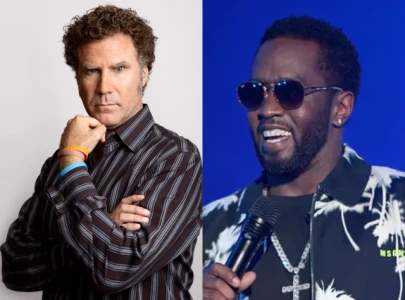
After the 2005 earthquake, I spent a lot of time in the north of Pakistan going into remote areas with the Omar Asghar Khan Development Foundation, a rights based advocacy group working in the earthquake zone. At that time, one thing that struck me was the thousands of people sitting on the rubble doing nothing. There was an expectancy that things would be done for them. However, things didn’t fall into place as they thought they would, frustration turned to anger, fingers were pointed at the government and its failure to deliver but it still didn’t ensure delivery. The discourse was all about ‘me’. Advocacy groups then took the lead. It was a slow process; getting affected communities to understand the importance of taking ownership, of making decisions, of organising themselves in tented villages. They had to come together as communities and that eventually took them to the next phase, where they met people from other communities and came to understand that there were others who had suffered a similar fate.
The meetings grew to include people from all over the district and with this came clarity of thought and the realisation of the power of one voice. People’s assemblies, as they are called, were held all over the province and as people from different areas connected the narrative changed. It was no longer all about ‘me’ it was now about ‘us’. In the IDP crisis, there were no scenes of people sitting on the side of the road; the approach was proactive; communities mobilised and organised themselves quickly. The floods affected the entire country and the response to it was different in different places. In the north, communities were responsive, working together to rebuild infrastructure so that they would be able to access relief goods. In Sindh, everyone talked about the helplessness of millions of displaced people sitting on higher ground, waiting for the government, or someone else, to take care of them.
Much has been said about the state of mind and body of those affected by the floods in Sindh. The fact is that the floods have exposed those affected to a different world and forced them to live differently. There are stories of women’s empowerment in camps where there are schools, soap and food. A friend told me the story of a woman who said her husband used to hit her if she was late serving him dinner at home — in the camp there was no question of dinner being served on time. The woman challenged her husband to hit the government for failing to serve him a hot meal on time and when he didn’t she said she wasn’t going to tolerate him beating her up any more. It’s a good story but will this change really take hold or will they just go back to their old ways once they all go home?
This year, on October 8, a people’s assembly, with a difference, met in Balakot. This time, people came from all over Pakistan and they discovered that everyone was in the same boat — the similarity of issues led to a bonding of those representing millions across the country. In Chile, we saw the dedication and commitment of an entire nation. We need to understand that it’s a small percentage that leads the process of change, but if we follow through, we will hit a point when there are enough supporters for it to become a movement that takes hold across the country. The opportunity for change is there, we just need to be clear about what we want.
Published in The Express Tribune, October 15th, 2010.



1732256278-0/ellen-(1)1732256278-0-165x106.webp)
1725877703-0/Tribune-Pic-(5)1725877703-0-165x106.webp)







COMMENTS (6)
Comments are moderated and generally will be posted if they are on-topic and not abusive.
For more information, please see our Comments FAQ